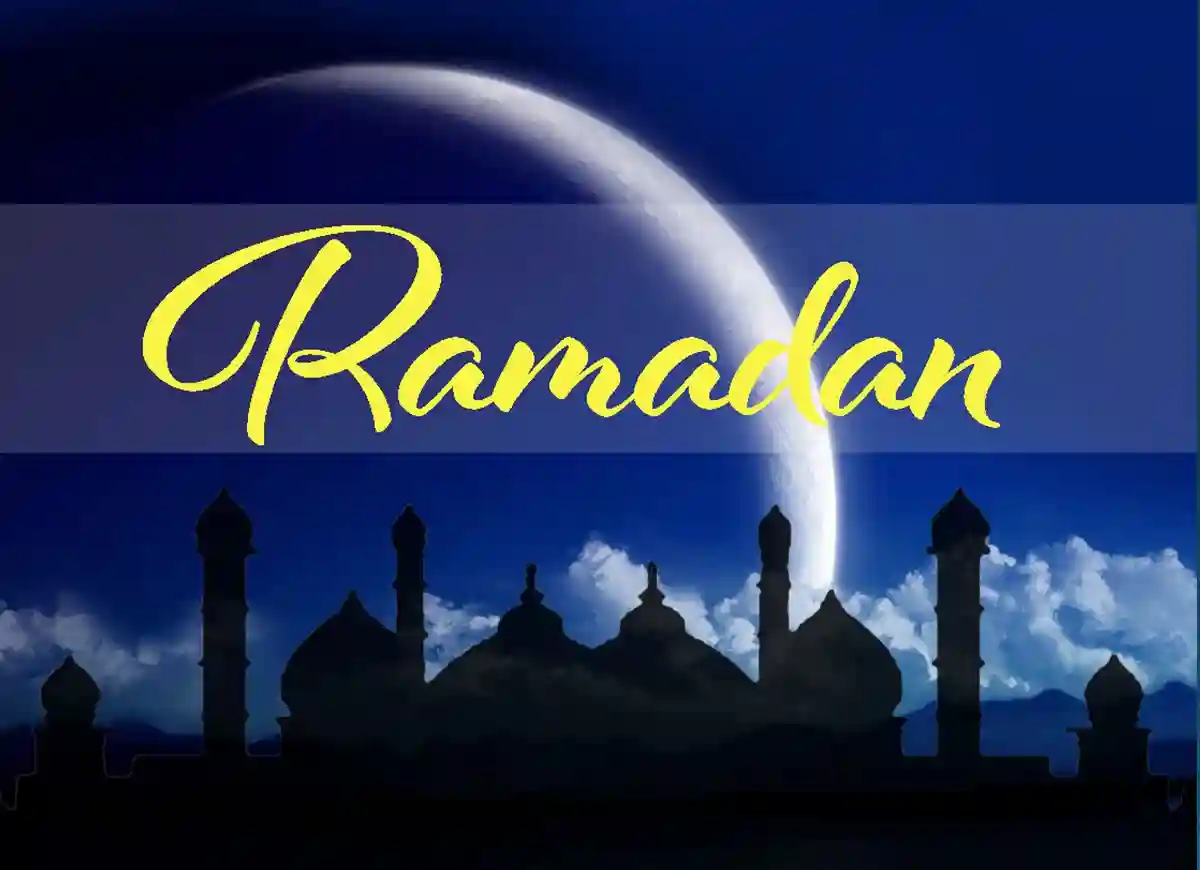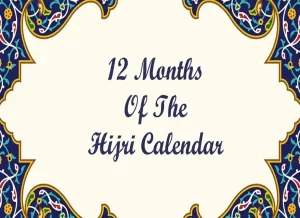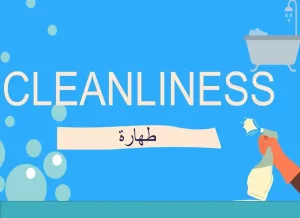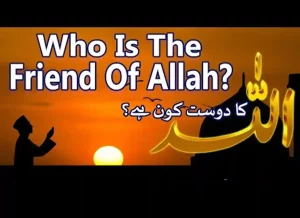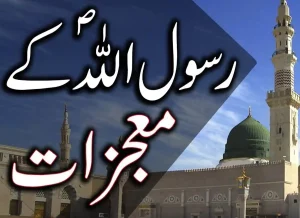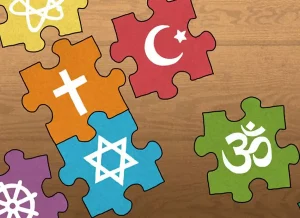Understanding Zakat – Zakat is a mandatory form of almsgiving in Islam, considered one of the Five Pillars of the religion. It’s a religious obligation rather than voluntary charity, and plays a significant role in Islamic social and economic systems. Here’s a breakdown of key aspects:
What is Zakat?
- It translates to “purification” and symbolizes the cleansing of wealth through charitable giving.
- It requires Muslims exceeding a specific wealth threshold (Nisab) to donate a set percentage (2.5% for most assets) annually.
- Zakat funds are distributed to various categories of beneficiaries mentioned in the Quran, such as the poor, needy, travelers, and debtors.
- One condition for Zakat
- 2 Zakat Asset
- Three assets that go over the minimum value
- Four completions of Haul
- Five Beneficiaries from Zakat
Zakat is among the primary religious obligations of Islam. It means “purify”. Zakat is the Arabic word for “purify.” It cleans the spiritually minded person’s money and soul. Purification of wealth refers to the mobilization of wealth for financial gain and just distribution. The purification of the soul is free of jealousy, hatred, insecurity, selfishness, unhappiness, and lust. Additionally, Quranic meanings also refer to the cleansing of sin.
Zakat is a set amount of the earnings and surplus wealth of a person who is a believer. It is given to beneficiaries of a prescribed list and is used for well-being as well as the infrastructure of the society generally. This donation is due by a Muslim at the beginning of each year.
Zakat is a payment made on the net balance after the Muslim has paid for the necessities of life, such as family expenses, credits, tax-free donations, and other expenses. Each Muslim, male or female, who possesses gold of more than 85 g currency or other trade items after the Hijri year must pay Zakat at a minimum of 2.5 percent.
Zakat has a profoundly humanitarian and social-political significance. The religious practice prevents wealth accumulation and encourages solidarity with the world because excess wealth is divided among the less fortunate. Zakat’s payment assists in purifying one’s soul and enables one to be grateful for God’s blessings.
Zakat is mentioned in conjunction with Salat (prayer) throughout the 30 verses in the Quran. The first time it was said is Surah 73.220;
“…. and make regular prayers, provide regular donations, and lend God a beautiful loan. God, that’s a gorgeous loan. Whatever good you send to your souls and souls, you’ll receive it from God’s hand, and you will be higher and more rewarded in rewards and look for the mercy of God. He is a God of mercy, The Most Merciful.”
In another verse, God declares that people who pay Zakat are included in Muslim society.
“But (even this) If they repent, make regular prayers and follow regular charity and charity, they are brethren of Faith: (thus) do we explain the Signs in detail for those who can comprehend.” (9:11)
God affirms In the Quran:
“They were only required to worship God as a sincere belief in Him only and of a religiously upright faith and to create the Salat and the Zakat. That is the true religion. ( 98:5)
“Those who hoard treasures of silver and gold and don’t spend them to the will of God Give them an announcement of severe penalty, on the day where that (wealth) is burned to hellfire, with their foreheads, their sides, as well as their backs, will be marked with the words: “This is the treasure you hid to yourself! Take a bite and then taste your treasures you’ve hoarded!” (9:34-35).
“Let not people grumpy with the things God has bestowed to them from His abundant bounty believe that this benefits them. It is not good for them. Anything they keep from them will be tied around their necks during the Day of Arising. (3:180)
Bukhari and Muslims discuss the fact from Ibn Abbas that the Messenger of God sent Mu’adh into Yemen. He told him, “You will meet with a people with an inscription in the Bible, so ask the people to affirm that there isn’t a god other than God in addition to proving that I’m indeed the messenger of God. If they accept this, then instruct their children to get that God has placed five Salats on them daily. If they are receptive to this, then explain to their children that God has given them a charity that must be taken from those rich in their community and then distributed to the poor. If they disagree, be wary of not taking more of their fortune! Be careful with the prayers of the oppressed because there is no barrier between a prayer of this kind and God. “
He then recited the following scripture: “Let not those who have a poor attitude towards the things God has bestowed to them from His abundance think that it is a good thing for them. Instead, it’s harmful to them. What they do not divulge will be placed on their necks during that Day of Arising.” (3:180)
Conditions for Zakat
Several requirements must be met before Zakat can be made. These requirements are required because the Zakat program only applies to those who are legally able and have enough assets. The conditions are classified into two broad categories: asset and performer.
Each Muslim over a certain age and with enough assets must pay Zakat.
Zakat Asset
Full Ownership Muslims can only be obliged to pay Zakat if they own an asset’s legal and complete Ownership.
Zakat is only payable on the assets bought for the sole goal of generating or creating wealth. Examples of this kind of asset include crops or livestock sold or traded as inventory, goods traded or invested, and investments like gold or securities with the potential to appreciate. However, Zakat isn’t payable on fixed assets like buildings as long as they are not subject to “capital circulation.”
Assets that are greater than a minimum value
Zakat is only payable for assets that are greater than the minimum value. This value uses the market price for 85 grams of gold or 595 grams of pure silver. This is referred to as Nisab. According to the Islamic Fiqh and Research Councils and Jumhur (majority) of Ulama, The Ulama’s Jumhur (majority) recommend that gold is used as the base for calculating Nisab.
Finalization of Haul
Haul refers to the period of completion for the zakat asset. The duration of the haul is 1. Islamic, or Hijri period (1 year Hijri equals 354.5 days, one year solar equals 365.25 days). Zakat is only due on the assets kept for a minimum of this time.
Zakat beneficiaries
The Holy Quran ( 9:60) categorizes Zakat’s due recipients according to the following categories.
“Zakat will be given to the weak and needy, as well as the people who work to collect and administer it, as well as the new converts, and also for those in bonds and who are in debt as well as in the service of God as well as for wanderers, a responsibility set by God and God is the All-knowing and the Wise.”
Zakat can be granted to any of the eight eligible beneficiaries eligible beneficiaries (asnaf) listed within the Quran in Surah Taubah:60. However, it is recommended that priority be given to those who are poor and the needy. Without a central authority to administer Zakat, it may be delivered directly to the poor and needy.
“Alms are given to the less fortunate and needy as well as those who oversee the (funds) to those whose hearts are (recently) restored (to Truth) or for those who are in debt and bound and in debt to God and for those who are seeking to travel: (thus is it) the will of God and God is full of wisdom and knowledge.” (9:60)
1. Poor (Faqir/Fuqara)
– those without any source of earning a living and no material possessions.
2. The poor (Miskeen)
People who can’t earn enough income to pay for their basic needs. For example, people who may have a job, an apartment, or a car but whose income is not enough to meet the minimum requirements.
3. The people who manage Zakat (Amil)
The people who are appointed to oversee and manage Zakat. This category is subdivided into the following types:
I) A Group of people who attend to society and decide if they belong to the Fuqara or Miskeen categories.
II) Those who collect the Zakat cash.
II) The accountant of the Zakat money.
IV) The administrator, manager, clerical worker, or secretary organizes all the documents in order.
(v) Those who handle Zakat distributions.
vi) The auditor who reviews Zakat’s overall Management and Administration.
4. The sympathizers (Muallaf-at-Quloobuhum)
– people who have an inclination toward and have accepted Islam.
5. To liberate enslaved people (Riqab)
Zakat can be used to release captives or enslaved people.
6. Those who are in a state of debt (Gharimin)
(HTML0) – Zakat is a way to pay off the obligations of someone who borrowed money to fund basic needs to enable them to live an ordinary life. Zakat is also distributed to people struggling financially, e.g., those who are bankrupt due to loss of employment or the burden of debt.
7. In the name of the cause of God (Fisabillillah)
Zakat is a way to fund any struggle or work towards God’s glory. Some of the following instances fall in the category of, e.g., Da’wah, building and developing the infrastructure of society, protecting victimized Muslims, helping the poor traveler, and assisting a student’s education costs.
8. Stranded people on a trip (Ibnus Sabil)
— Zakat may also be employed to aid a traveler having difficulty continuing the journey due to issues like loss of funds or the breakdown of his vehicle and the repairs the traveler cannot afford.
It is said that the Prophet declared, “If someone gives as charity the equivalent of one date, derived from honest earnings and God will only accept what is genuine, God accepts it into the right hand, and increases it to the person accountable, as you are raising a foal until it grows like a mountain.
Categories: PRAYER (Salat), ALMS (Zakat), SAWN (Fasting) HAJJ (Pilgrimage) & DUA (Supplications), Hadith and Tafseer, The Holy Quran, Quran Jaz 1- 114
Topics: Ushr and Zakat, Hijab, Arabic Corner, Faith, Islamic History, Biography, Sirat ul Nabi PBUH, Islamic Studies, Halal & Haram
ZAKAT:
- Zakah | Zakat al Mal | Zakat – Learn Islam
- Zakat ul Fitr | Muslim Charity – Learn Islam
- Beneficiaries of Zakat | Islamic Relief Worldwide
- Importance and The Significance of Zakat in Islam
- Zakat Facts | Importance of Zakat | Benefits of Zakat
- Zakat al Fitr: The Obligatory Eid Gift to Be Made Before The End of Ramadan


